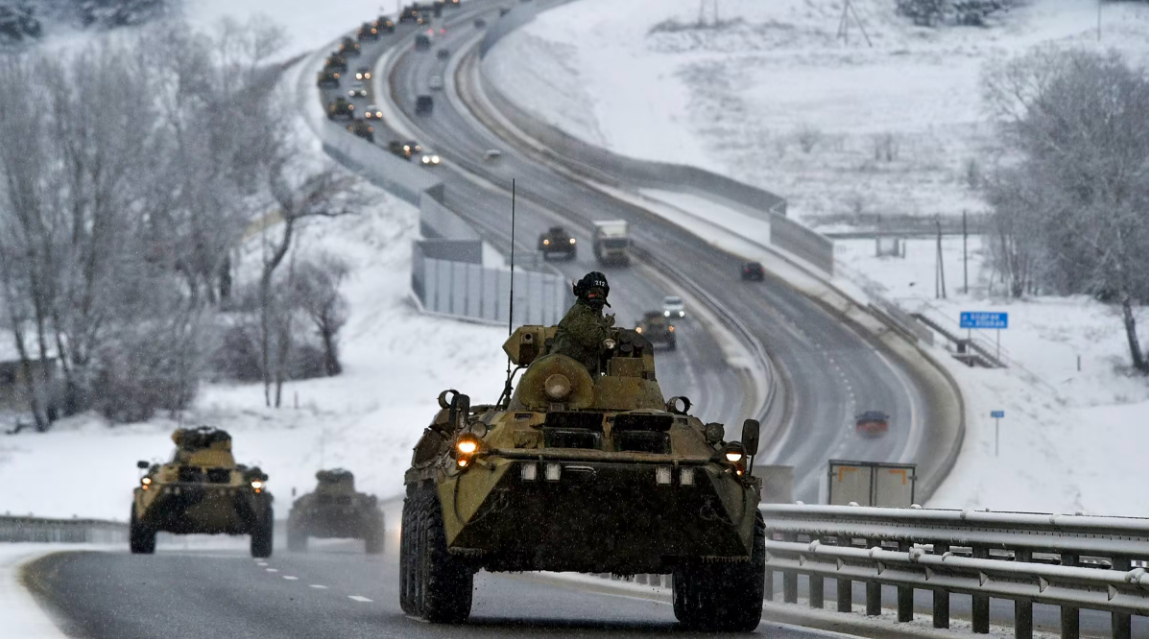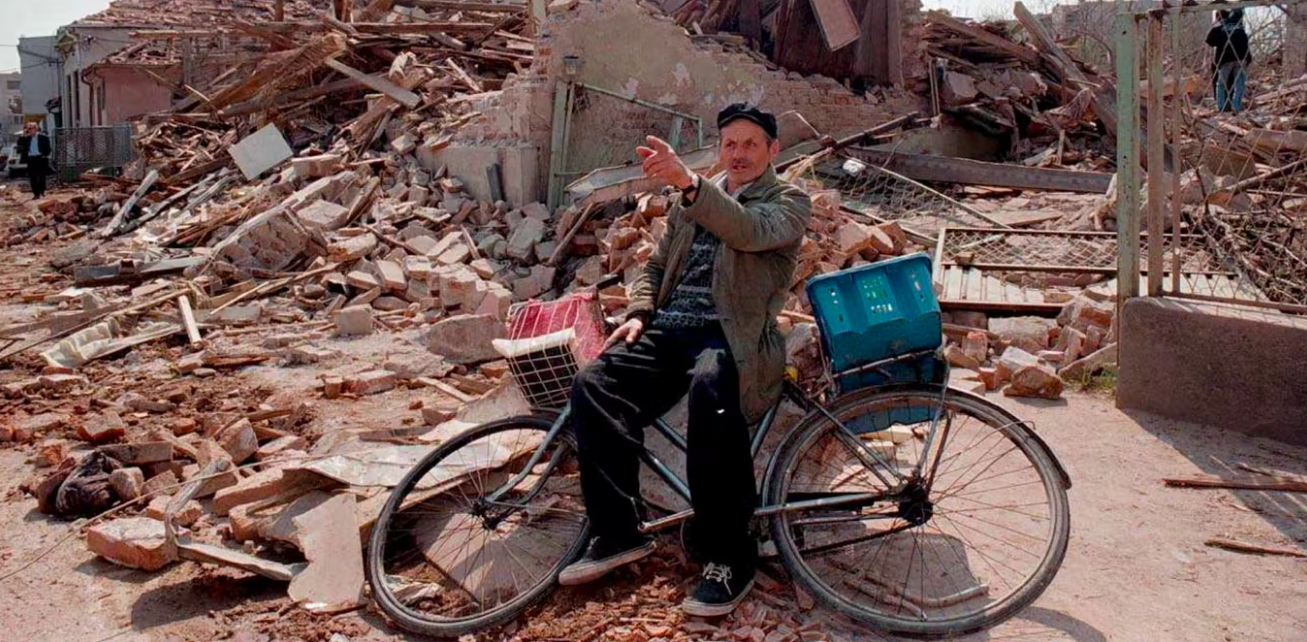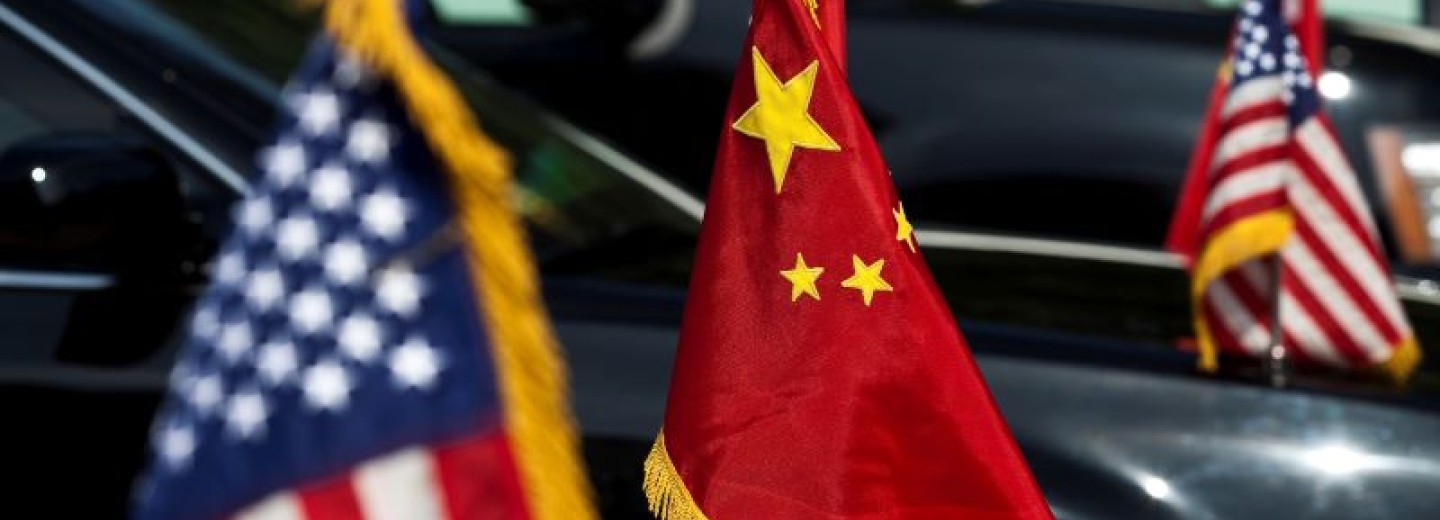A rule-based order
Observant readers will know my respect for the writers in Foreign Affairs. This is an American magazine of international relations and U.S. foreign policy. Founded on 15 September 1922, it publishes articles daily and anthologies every other month. Many of its contributors either were, or have become, leading figures in their field.
In a recently published article, The Last Best Hope, authors Ivo H. Daalder and James M. Lindsay, write eloquently about how the West has a rare second chance to retore a ‘rule-based order’. Writers and politicians use the phrase to describe how the USA led the world after World War II and helped bring about the collapse of the Soviet Union.
Acknowledging that the USA has not always followed its own ‘rules’, Daalder and Lindsay nonetheless believe that, to revive a rule-based order.
The first step will be to institutionalize the cooperation that has emerged in the wake of Russia’s invasion of Ukraine.’ Then ‘the West … should turn its newfound unity into a broader effort to save the rule-based order. The next step should be to create a new group, the G-12, that would bring together the United States and its leading allies (my italics) in Asia, Europe, and North America.
The writers are honest and fair – but they are wrong.
Order does not exist
The problem lies with the meaning of the words. What is this rule-based order? Who makes the rules? Who keeps order? And why does must the West decide? It seems that the West is trying still to run the world - as it has for centuries.
The Boston Review is ‘a political and literary forum—a public space for discussion of ideas and culture. Independent and non-profit, animated by hope and committed to equality, we believe in the power of collective reasoning and imagination to create a more just world.’ (Good luck with that.)
In a recent post, the Review says of the Russian invasion of Ukraine:
Vladimir Putin has offered the thinnest pretext for cross-border war since the 2003 U.S. invasion of Iraq. And yet, the official position of the United States is that Russia is undermining a rule-based global order that supposedly has prevailed since the close of World War II.

The writer, Simon Waxman, a former editor of the Boston Review, condemns Putin’s invasion. However, he makes the point that:
Today, the so-called rules continue to serve the same purpose they always have - laundering the self-aggrandizing choices of powerful states. Where was the rule- based order in the 2003 invasion of Iraq? Where was it when NATO bombed Yugoslavia in 1999? When the United States bombed Libya in 1986? When the United States supported a coup in Honduras in 2009, or the coup in Iran in 1953?

Simon Waxman concludes that not only is there no rule-based order, there never was one. Western ‘democratic’ governments use the phrase to justify their acts of aggression in the same way as ‘autocratic’ governments.
An Asian view
Writing in the South China Morning Post, Andrew Sheng is not as blunt but asks similar questions about Europe. Andrew is a former central banker and financial regulator, currently distinguished fellow at the Asia Global Institute, University of Hong Kong. He writes widely on Asian perspectives on global issues. With much the same arguments that I used in my post Modern Missionaries, Andrew writes:
The papal bulls of 1455 and 1493 authorised the Portuguese and Spanish to conquer all lands and seize and enslave Saracens and non-Christians in the Americas, Africa, and Asia. The religious rationales comprised the ‘domination code’, whereby Christians can rule over non-Christians and possess their property, as well as the ‘discovery code’, whereby lands owned by non-believers are treated as terra nullius (empty land), meaning non-Christian indigenous peoples do not have rights.
(The British naval officer who claimed Hong Kong for Britain in 1841 declared his flag-bearing party ‘the bona fide first possessors’ of the territory, as if the inhabitants who had lived there for thousands of years did not exist.)
Andrew Sheng continues:
In today’s multipolar situation, who decides on the rules of the international order? If both sides accuse the other of being evil and illegitimate, what decides it other than the use of arms? The NATO military alliance, comprising nearly 1 billion people and some 47 per cent of world GDP, assumes its status quo role of final arbiter of the “rule-based order”.
The problem is that the economies of BRICS (Brazil, Russia, India, China, and South Africa), plus Indonesia, account for 3.5 billion people and one-quarter of world GDP in market terms. But on GDP based on purchasing power parity, they are nearly equal with NATO and so may have their own views on the international order.
Power

US President Joe Biden attends a working lunch with other G7 leaders. Photo: Reuters
The founder of the People’s Republic of China, Mao Tse Tung, allegedly said:
All power comes out of the barrel of a gun.
Winston Churchill, Britain’s most famous leader, also allegedly, said:
Power corrupts. Absolute power corrupts absolutely.
So, is this what a ‘rule-based order’ means? Starting with Europe and continuing with the USA, Western governments have dominated the rest of the world because they could. They imposed their rules because they had the power to do so. As with colonial, religious, morality, today they justify their global pursuit of a rule-based order because they believe it is the best system for everyone. It sounds better described in that way.
A liberal-democratic, rule-based, order could well be the least harmful way to ‘run the world.’ But is it justifiable for the West (or any other power group) to impose a system on other cultures, however wonderful it may appear to be, merely because they can?
After all, that’s what autocrats try to do, isn’t it?
Worked on the article:

Wanlikhang





